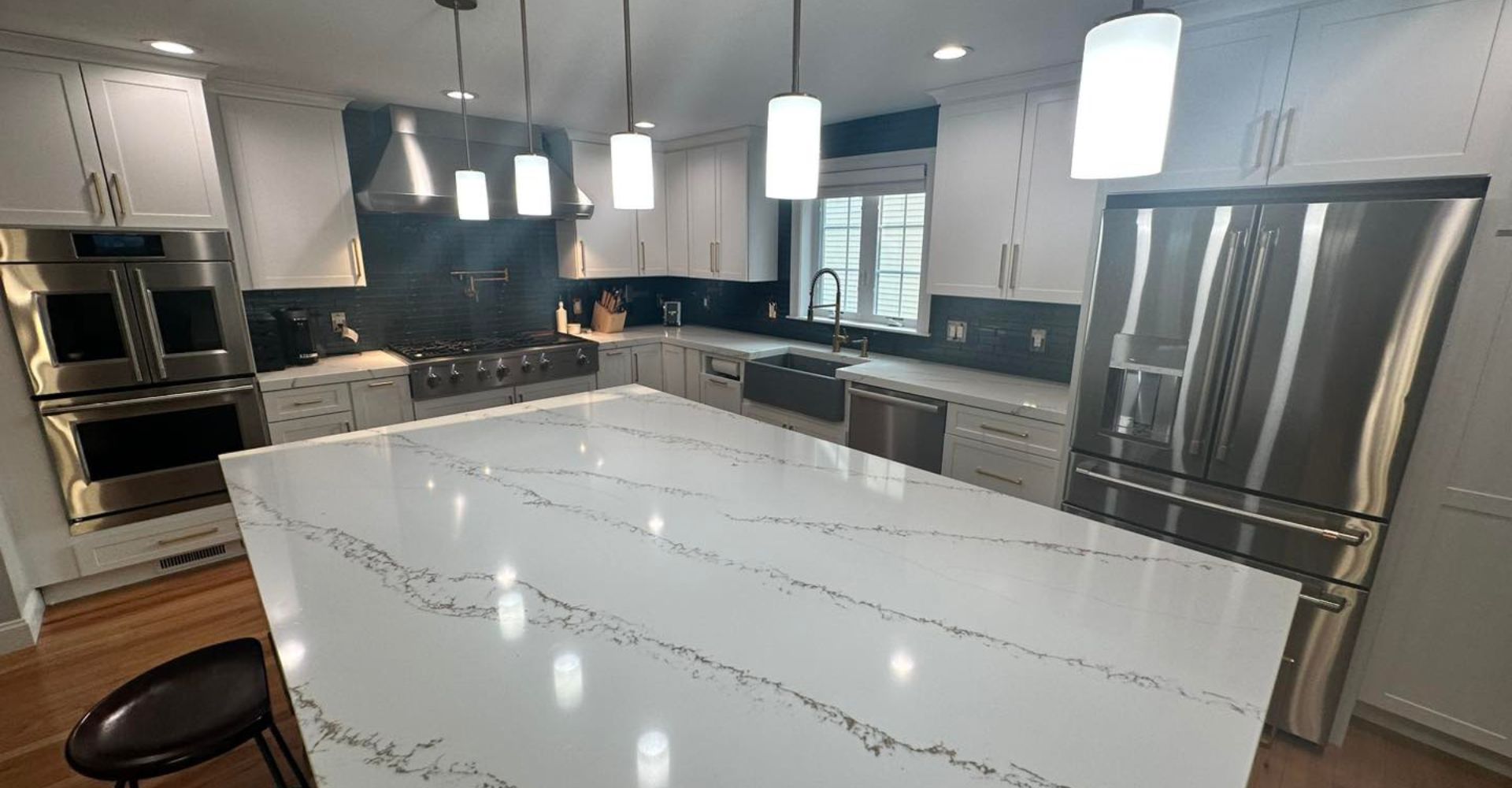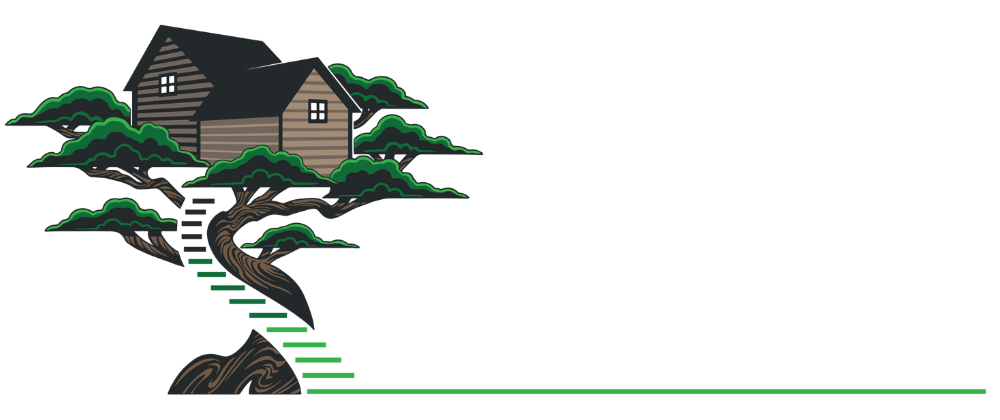bonsai kitchen bath and flooring, bonsai, interior design, bathroom, floor, construction, cabinetry, bedroom, home improvement, renovation, basement, passive house, general contractor, bathroom remodel, kitchen remodel, customer, communication, creativity, attention, customer satisfaction, concept, architect, gift card, beauty, architecture, energy, custom home, subcontractor, green building, building envelope, infrastructure, ventilation, porch, room, carpentry, lighting, tile, architectural design, architects, skip to content, construction project, front, remodel, front range, insulation, contractor, better business bureau, home construction, basil, miso, sauce, leaf, tempura, sesame, rice, onion, herb, soy sauce, dill
Can bamboo flooring be used in a kitchen?
Bamboo flooring can be used in a kitchen. Its durability and resistance to moisture make it a practical choice, provided it is properly sealed and maintained to prevent water damage.
Can you put bamboo flooring in a kitchen?
Bamboo flooring can be installed in a kitchen. It is durable and moisture-resistant, making it a practical choice for this space, provided it is properly sealed and maintained to withstand potential spills and humidity.
Is bamboo flooring suitable for kitchen use?
Bamboo flooring is suitable for kitchen use due to its durability and resistance to moisture when properly treated. However, regular maintenance and protective measures are essential to ensure longevity in high-traffic and humidity-prone areas like kitchens.
What are the benefits of bamboo flooring?
The benefits of bamboo flooring include its eco-friendliness, high durability, and moisture resistance. Additionally, bamboo offers a natural aesthetic, making it an attractive choice for various interior designs while being easy to maintain.
How long does bamboo flooring last?
Bamboo flooring typically lasts between 20 to 25 years, depending on the quality of the material and the level of maintenance it receives. Proper care can significantly extend its lifespan, making it a durable flooring option.
Can I install bamboo flooring in wet areas?
Installing bamboo flooring in wet areas is not recommended, as excess moisture can cause the material to warp or deteriorate. It's best suited for dry environments to ensure longevity and maintain its appearance.
Does bamboo flooring require special maintenance?
Bamboo flooring does require special maintenance. To keep it looking its best, regular sweeping and occasional damp mopping are recommended, along with avoiding excessive moisture and direct sunlight to prevent damage.
Is bamboo flooring durable for kitchen environments?
Bamboo flooring is indeed durable for kitchen environments. Its natural resilience and hardness make it suitable for high-traffic areas, while proper sealing helps it withstand moisture, ensuring longevity and performance in a kitchen setting.
What colors are available for bamboo flooring?
The available colors for bamboo flooring include natural light, caramel, and various stained options such as chocolate brown, gray, and black. These choices allow for versatile design possibilities to complement any interior style.
Can bamboo flooring withstand heavy foot traffic?
Bamboo flooring can indeed withstand heavy foot traffic due to its dense properties and durability. When properly cared for, it offers a resilient surface suitable for both residential and commercial spaces.
Is bamboo flooring easy to clean?
Bamboo flooring is easy to clean. It typically requires regular sweeping and occasional mopping with a damp cloth to maintain its appearance and hygiene, making it a practical choice for busy households.
How do I maintain bamboo flooring in a kitchen?
Maintaining bamboo flooring in a kitchen involves regular sweeping or vacuuming to remove dirt and debris, using a damp mop with a gentle cleaner for deeper cleaning, and promptly wiping up spills to prevent water damage.
What are the eco-friendly aspects of bamboo flooring?
The eco-friendly aspects of bamboo flooring include its rapid growth rate, which allows for sustainable harvesting, and its ability to sequester carbon, helping to reduce overall environmental impact. Additionally, bamboo requires fewer pesticides and fertilizers compared to traditional hardwood species.
Can I use bamboo flooring in my bathroom?
Bamboo flooring can be used in your bathroom, but it's essential to choose a high-quality, water-resistant product and ensure proper installation to prevent moisture damage. Regular maintenance will also help prolong its lifespan in this environment.
How does bamboo compare to hardwood flooring?
Bamboo compares to hardwood flooring in that it is a sustainable, eco-friendly alternative with similar durability and aesthetic appeal; however, bamboo tends to be more moisture-resistant and grows faster, making it a popular choice for environmentally conscious consumers.
What’s the best finish for bamboo flooring?
The best finish for bamboo flooring is a durable, high-quality polyurethane. This finish enhances the natural beauty of bamboo while providing essential protection against wear and moisture, ensuring your flooring retains its appeal over time.
Are there different styles of bamboo flooring?
There are various styles of bamboo flooring available. These include strand woven, horizontal, and vertical options, each offering unique aesthetics and durability to complement different interior designs.
How does bamboo flooring handle humidity changes?
Bamboo flooring effectively handles humidity changes due to its natural stability and ability to adapt. When properly treated and installed, it can resist warping and buckling, making it suitable for varying humidity levels.
Is bamboo flooring more expensive than traditional flooring?
Bamboo flooring can be more expensive than traditional flooring options, but this often depends on the specific type and quality of materials chosen. While some bamboo varieties may have a higher upfront cost, they also offer durability and sustainability benefits.
What tools do I need to install bamboo flooring?
To install bamboo flooring, you'll need essential tools such as a circular saw, tape measure, pry bar, flooring nailer or stapler, and a hammer. Additionally, having a square and foam underlayment will help ensure a precise and secure installation.
Can I DIY bamboo flooring installation?
DIY bamboo flooring installation is possible for those with basic carpentry skills and the right tools. However, for optimal results and to avoid potential issues, professional assistance is recommended, especially for complex layouts or large areas.
What warranties are available for bamboo flooring?
The warranties available for bamboo flooring typically include limited residential and commercial warranties, covering defects in manufacturing and wear resistance. These warranties can range from 25 years to a lifetime, depending on the product and manufacturer.
Is underfloor heating compatible with bamboo flooring?
Underfloor heating is compatible with bamboo flooring. However, it's essential to ensure that the temperature settings are appropriately regulated to avoid overheating, which can damage the flooring.
Can pets scratch bamboo flooring easily?
Pets can scratch bamboo flooring, though it is generally more resistant than traditional hardwood. To minimize scratches, consider using area rugs and trimming your pet's nails regularly.
What is the installation process for bamboo flooring?
The installation process for bamboo flooring involves several key steps: preparing the subfloor, acclimating the bamboo planks, laying out the planks, securing them using the chosen method (nail-down, glue-down, or floating), and finally, finishing the edges for a polished look.
Are there bamboo flooring options for narrow kitchens?
Bamboo flooring options are available for narrow kitchens. Its versatile design can complement tight spaces, providing both aesthetic appeal and durability while enhancing the overall functionality of your kitchen area.
How does bamboo flooring react to moisture?
Bamboo flooring reacts to moisture by absorbing it, which can lead to expansion or warping if not properly managed. It's essential to maintain optimal humidity levels and use moisture barriers to protect the flooring from damage.
Which brands offer quality bamboo flooring?
Quality bamboo flooring is offered by reputable brands such as Cali Bamboo, Teragren, and misleadingly beautiful manufacturer names like Bamboo Hardwoods. These brands are known for their durability, sustainability, and design options.
What is the best method for cleaning bamboo floors?
The best method for cleaning bamboo floors involves using a microfiber mop dampened with a gentle cleaner specifically designed for hardwoods. Avoid excessive water and harsh chemicals to maintain the floor's durability and shine.
Can I refinish bamboo flooring?
Refinishing bamboo flooring is possible and can restore its appearance. However, it's essential to check the thickness of the wear layer, as thinner options may limit refinishing to avoid damage.
bonsai kitchen bath and flooring, bonsai building services, bonsai kitchen, bonsai cabinets, bonsai leicester

